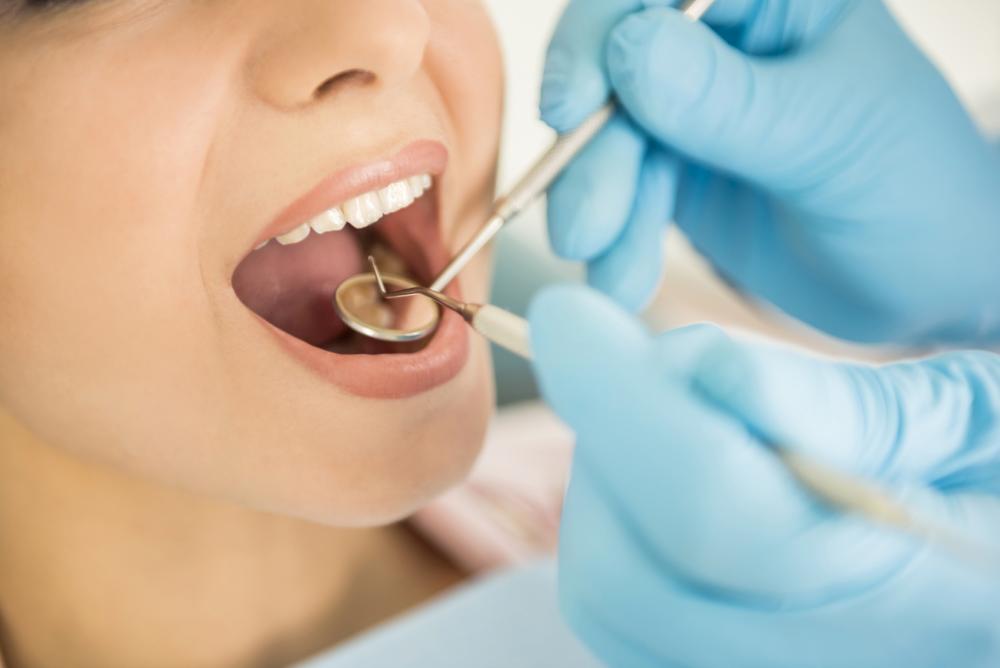A Guide to Typical Oral Problems That Need a Dental practitioner's Care
Comprehending the series of oral problems that demand specialist treatment is paramount for preserving ideal dental health and wellness. Toothaches, for instance, can be symptomatic of serious problems such as cavities, broken teeth, or abscesses, each needing details interventions like dental fillings or root canals. Gum condition, from the beginning of gingivitis to extra extreme periodontitis, emphasizes the value of normal oral examinations and cleansings. Moreover, influenced wisdom teeth and jaw disorders can introduce considerable discomfort and issues. Making sure prompt check outs to the dental practitioner can alleviate these concerns effectively, but just what are the therapies and indicators involved?
Toothaches
Toothaches are a typical dental condition that can vary from light pain to extreme discomfort, often suggesting an underlying issue that requires expert interest. This discomfort can originate from a selection of sources, including oral tooth cavities, broken or fractured teeth, and oral abscesses. Each of these conditions presents substantial risks if left neglected, potentially resulting in extra extreme problems.
Oral dental caries, also known as caries, are created by the build-up of plaque that erodes tooth enamel, leading to holes or pits in the affected teeth. Abscesses are excruciating infections at the root of a tooth or between a tooth and the gum, generally resulting from serious decay or unattended cavities.
Reliable therapy of toothaches involves dealing with the origin reason. This may consist of fillings for tooth cavities, crowns for cracked teeth, or root canals and prescription antibiotics for abscesses. Early treatment by an oral professional can avoid additional degeneration and ease pain, making sure ideal oral health and wellness.
Gum Tissue Condition

The main reason for gum tissue condition is microbial plaque, a sticky, colorless movie that continuously bases on teeth. Poor dental hygiene, smoking cigarettes, genetic proneness, and certain medical conditions, such as diabetes, can worsen the threat of developing periodontal illness. Normal oral examinations are crucial for early discovery and management of this condition.
Therapy for periodontal illness ranges from expert oral cleansing and scaling to advanced procedures like origin planing and gum surgery, depending upon the extent. Keeping excellent dental hygiene techniques, including brushing two times daily, flossing, and using an antibacterial mouth wash, can dramatically decrease the risk of gum tissue illness and promote much healthier periodontals.
Dental Caries
Cavities, also referred to as cavities, are an usual dental problem defined by the damage of tooth enamel because of acid-producing microorganisms in the mouth. These microorganisms thrive on sugars and starches from food and beverages, producing acids that slowly erode the enamel, bring about dental caries formation.
Early-stage tooth cavities might disappoint signs, but as they progress, they can create toothache, sensitivity to cold or hot, noticeable holes or pits in the teeth, and staining. If left unattended, dental caries can pass through much deeper layers of the tooth, possibly causing severe discomfort, infection, and also missing teeth.
Protecting against tooth cavities additional hints includes a combination of great dental hygiene practices and nutritional practices. Regular brushing with fluoride toothpaste, flossing, and regular oral check-ups are vital. Dental practitioners may likewise recommend additional preventative measures, such as fluoride treatments and oral sealers, to shield teeth from degeneration.
Therapy for tooth cavities relies on their intensity. Minor tooth cavities can be addressed with oral fillings, which recover the tooth's framework. If the decay has reached the tooth's pulp, more advanced instances may require crowns or also root canal treatment. Timely treatment by a dental expert is necessary to prevent problems and keep overall dental health.
Impacted Knowledge Pearly Whites
Affected knowledge teeth are a common dental problem that takes place when the third molars, commonly described as knowledge teeth, fall short to totally arise or align appropriately within the mouth. This condition commonly arises from inadequate space in the jaw or an uncommon growth angle of the teeth. Influenced knowledge teeth can result in a variety of complications, including damages, infection, and pain to nearby teeth.
When wisdom teeth become influenced, they are typically partly erupted or remain entirely below the periodontal line. This partial eruption can create a pathway for germs to go into the periodontals, resulting in infections that manifest as swelling, discomfort, and also fever (dentist eugene or). Additionally, impacted knowledge teeth can put Clicking Here in pressure on bordering teeth, potentially triggering crowding or moving
An extensive dental examination, commonly including X-rays, is important for identifying affected wisdom teeth. Regular oral check-ups are a good idea to keep track of the condition and maintain oral wellness.
Jaw Problems
Final Thought

Oral dental caries, likewise understood as cavities, are triggered by the buildup of plaque that erodes tooth enamel, leading to openings or pits in the affected teeth. Abscesses are unpleasant infections at the root of a tooth or in between the gum tissue and a tooth, typically resulting from serious decay or without treatment cavities.
Impacted wisdom teeth are a prevalent oral issue that happens when the 3rd molars, frequently referred to as knowledge teeth, stop working to fully emerge or align her explanation effectively within the mouth. Influenced knowledge teeth can lead to a variety of difficulties, including infection, damages, and pain to nearby teeth.
Additionally, impacted wisdom teeth can apply pressure on neighboring teeth, possibly creating crowding or moving.